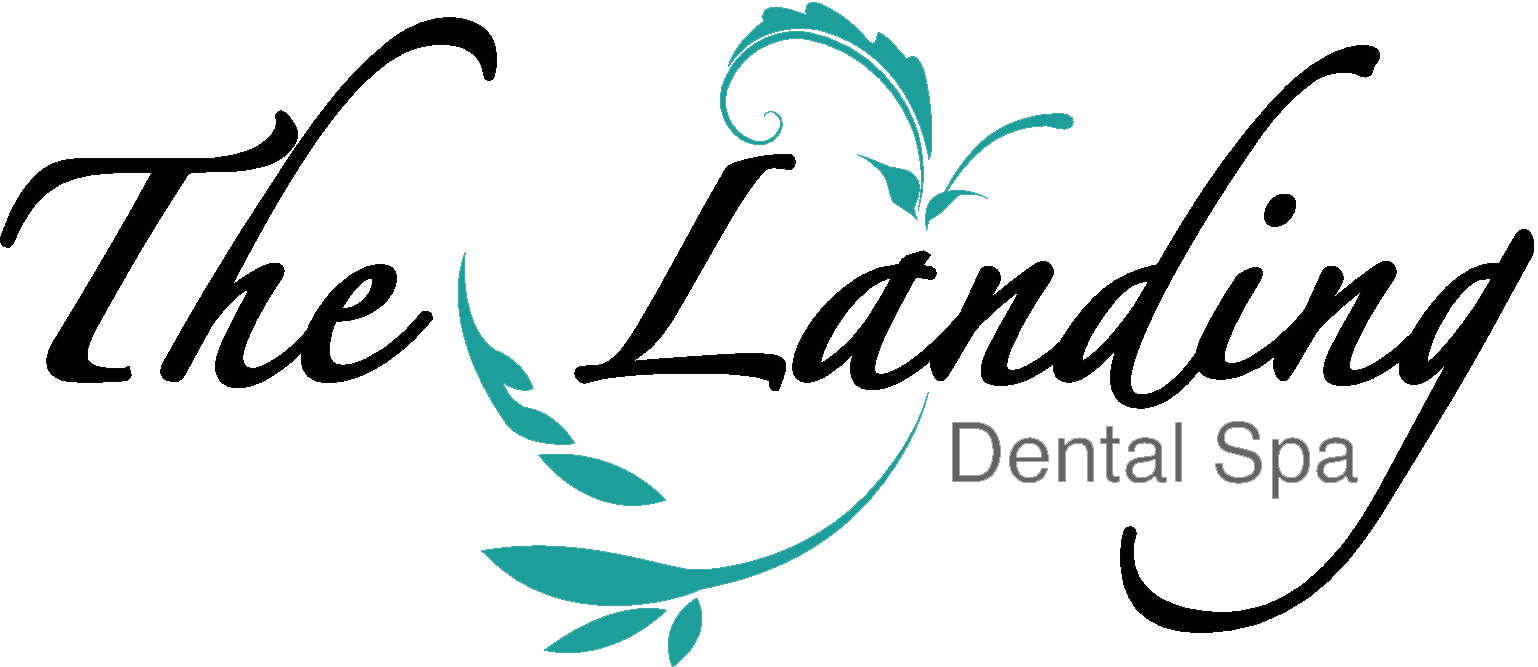Ouch! Do you have a dull and achy or throbbing and piercing pain in your tooth? If so, you may be suffering from a toothache. A toothache is a type of pain that you feel in or around your tooth. Tooth pain is unpleasant, as it can seriously affect your daily routine and cause you extreme discomfort.
Toothaches can be caused by various underlying reasons — some mild and some more serious, so you should never ignore them. Continue reading to learn more about the causes, symptoms, treatments and prevention methods for toothaches.
WHAT CAUSES TOOTHACHES?
The most common causes of toothaches are dental-related. Tooth-decay is the main reason why someone might suffer from a toothache. Tooth-decay has several stages of severity ranging from cavities to abscesses. Cavities are permanently damaged areas of teeth that develop into tiny holes and enter tooth enamel. If left untreated, a cavity can turn into an abscessed tooth. An abscess is an infection of the nerve and pulp inside your tooth; it can cause severe pain.
Another dental-related cause of toothaches is tooth damage. You can experience tooth discomfort if your teeth are chipped or fractured or if you have any damaged fillings, crowns or implants. Finally, periodontal disease (also known as gum disease) can contribute to toothaches as well. If you would like to learn more about periodontal disease, check out our blog, Gum Disease: Causes, Symptoms, Treatment and Prevention.
Non-dental causes of toothaches to be aware of include the following conditions:
- Sinus infection
- Cluster headache
- Heart attack
- Diabetes
- Viral infections (like shingles)
- Nerve diseases
- Drug abuse
- Vitamin deficiency
WHAT ARE THE SYMPTOMS OF TOOTHACHES?
If you are experiencing any of the following symptoms, we recommend contacting a dentist. A toothache can be mild or severe, and the pain can be persistent or sporadic. Never let your symptoms go untreated — it can allow your pain to become worse in the future.
- Throbbing pain or swelling in or around your tooth or gum
- Fever
- Sharp pain when you touch your tooth or bite down
- Tenderness and achiness in or around your tooth
- Painful sensitivity in your tooth
- Burning or shock-like pain (uncommon)
If you experience any of these symptoms along with a toothache, you should immediately seek emergency treatment:
- Swelling in your jaw or face
- Chest pain, shortness of breath, lightheadedness or other signs of a heart attack
- Wheezing, a cough that won’t go away or coughing up blood
- Trouble breathing and swallowing (could be signs of lung cancer)
HOW CAN TOOTHACHES BE TREATED?
Typically, toothaches need treatment from a dentist. The nature of treatment will depend on the reason for the toothache. Some medical treatment options for toothaches include:
- Fillings for cavities
- Tooth extraction (for baby teeth or impacted teeth)
- Root canal therapy
- Crown procedure
- Antibiotics (if there is a fever or jaw swelling)
- Referral to another doctor depending on the cause of pain
While you are waiting for your dental appointment, some home treatment options can temporarily reduce the pain caused by a toothache. Remember to always consult with your doctor or dentist before using any medications. Some home treatment options for toothaches include:
- Over-the-counter (OTC) pain medications like acetaminophen or ibuprofen (only take these medications as directed)
- Avoid very cold or hot foods
- Bite on a cotton ball soaked in clove oil
HOW CAN TOOTHACHES BE PREVENTED?
Many toothaches can be prevented through proper dental care. To remove plaque and bacteria from your teeth, the American Dental Association recommends brushing your teeth for two minutes, two times per day using an ADA-approved, soft-bristled manual or electric toothbrush and using fluoride toothpaste. The ADA also recommends flossing at least once per day to remove plaque and food particles that accumulate between your teeth and under your gum line. If you would like to learn more about how to brush and floss your teeth, check out our blog, Teeth Brushing 101.
It is recommended that all individuals schedule regular dental appointments, typically every six to 12 months, to promote healthy teeth habits. During a dental exam, your dentist will examine your teeth for cavities, gum disease, gingivitis, as well as perform teeth cleanings. After your exam, your dentist will talk with you about your oral health and any future risks. Your dentist may also go over preventive measures that you could take to improve your overall oral health.
Additionally, you should maintain a healthy diet and choose healthy foods and beverages. Sugar-filled sodas, processed and acidic foods and drinks contribute to tooth decay and tooth enamel destruction. If you would like to learn more about how to choose the correct foods and drinks to keep your mouth healthy, check out our blog, How Nutritional Choices Affect Your Oral Health.
Other methods to prevent toothaches include:
- Keep your bridge or dentures clean
- Wear a protective dental guard or headgear while playing sports
- Do not smoke
SUFFERING FROM A TOOTHACHE? VISIT THE LANDING DENTAL SPA
Never ignore tooth pain. There is treatment available, and with the proper dental care, your painful toothache will soon be a far-off memory! If you are experiencing a toothache or a dental emergency, let our dentists at The Landing Dental Spa help. In the case of a dental emergency, please call our office right away! If you would like to make an appointment with one of our dentists, please give us a call at 304-594-2200 or use our online contact form. We look forward to hearing from you!
References:
Everything You Need to Know About Toothaches


Recent Comments